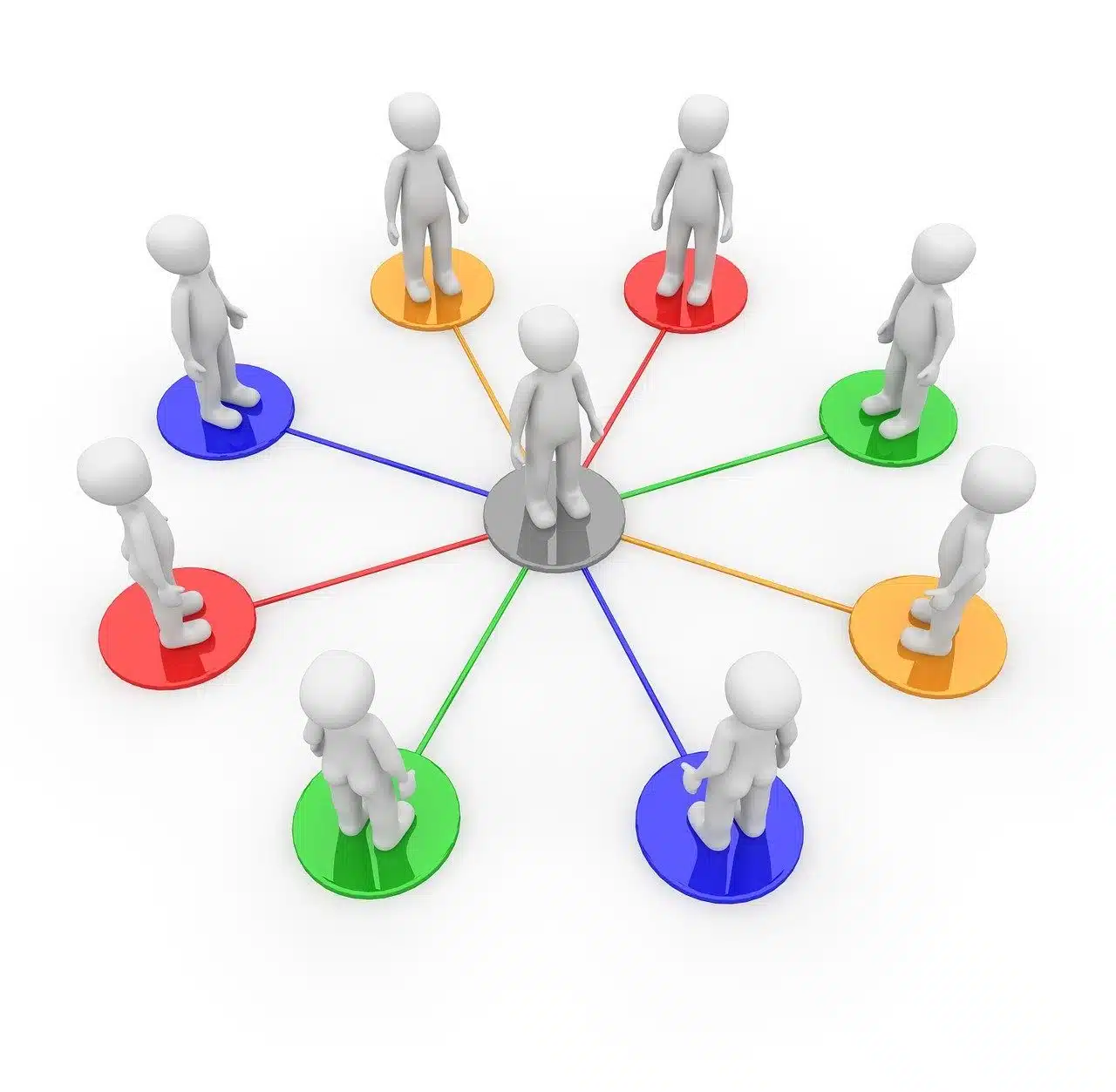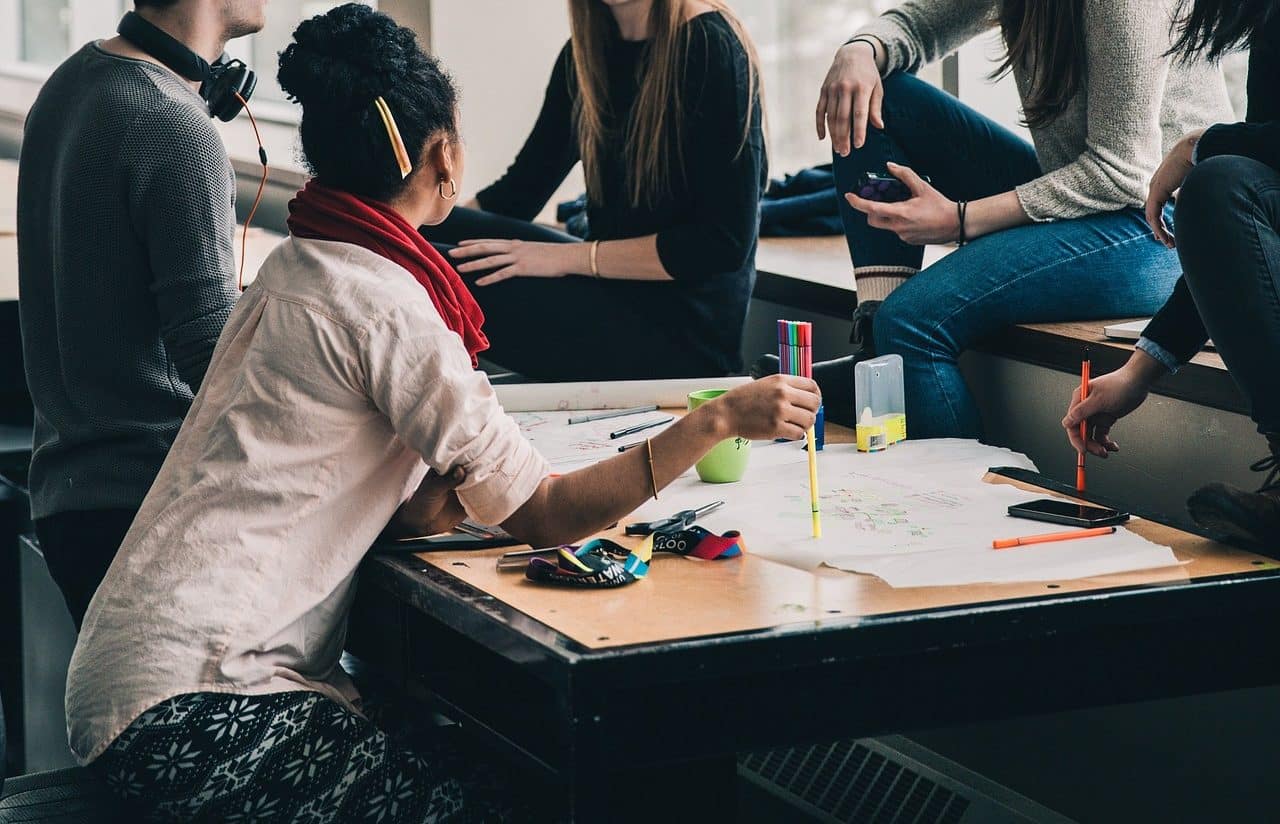
Interpersonal relationships require the development of social skills in order to develop, nurture and provide feedback.
Social skills are abilities that a human being develops throughout their life and that promote interpersonal relationships , that is, the bond with others. They are essential in view of a harmonious and fluid coexistence regardless of relationships, feelings or degrees of closeness.
According to the theory, it is a fundamental resource for starting and maintaining a conversation , promoting conflict resolution through respect and cordiality and being able to organize teamwork, to list some examples.
In short, social skills allow people to behave appropriately towards others, have consideration for others and express themselves appropriately either through verbal communication or by appealing to the non-verbal communication modality.
Classification of social skills
Social skills , a set of traits and behaviors that serve as tools to achieve, assertively , express ideas, feelings or emotions before a group and defend one's own rights without losing sight of those of others, are classified according to their complexity, the field of application and other variables.
Active listening and good manners , those rules of courtesy that revolve around gratitude and correction, are often described as basic social skills .
Good handling of criticism , knowing how to ask for help , empathy , negotiation skills, emotional regulation and knowing how to say no every time a situation warrants it, meanwhile, are part of the group of complex social skills .
There are also leadership skills (such as decision-making skills and the ability to generate motivation), conflict management skills (including tolerance and emotional intelligence ), interpersonal skills (a set that includes respect for the differences and adaptability , for example) and emotional skills ( self-control , autonomy, etc.).

Leadership capacity, cooperation and sensitivity to register the needs of others promote teamwork.
It is interesting to keep in mind that it is very convenient to work individually on anger management skills so, in moments of anger, you can achieve the greatest serenity possible, not lose patience or become blinded by anger.
Of course, each person has qualities that allow them to excel at something in particular or expand a specific talent. In this sense, there are human beings with greater organizational skills compared to others; people with extraordinary sales skills who are competent in the business field and people who amaze others with their observation skills , for example.
Benefits
Social skills need to be cultivated from an early age since they generate benefits in different areas. Mental health, personal development, education , and work performance are enhanced when one has the tools to establish social connections and navigate independently and safely through life. Unfortunately, in the modern world (and after the social isolation that occurred in times of pandemic) the excessive use of technology is negatively affecting social ties because the ability to function well when being in front of others without screens is being lost. half.
Knowing how to relate to others, placing trust in others and having guaranteed integration into a community and/or social circle improves self-esteem , there is motivation and the ability to love and be loved is enhanced.
Coexistence in society and the power to establish ties, exchange opinions and cultivate the sense of belonging to a group provides stimuli, enhances the desire to progress and promotes short, medium and long-term plans and goals.

Verbal and non-verbal communication, tolerance, good manners, respect and diplomacy are essential in formal environments such as, for example, a work meeting.
As someone expands networks and accumulates experience in going back and forth with other subjects, they learn to share, to understand the needs of others, to develop empathetic listening and to deepen the ability to ask for forgiveness .
Social skills are essential to embrace success, serve as an example and achieve leadership . To do this, we must strive to value others by listening carefully, interpret non-verbal language , have the humility to recognize the merits and achievements of others and display a constructive spirit based on collaboration, cooperation and providing solutions .
Techniques to train social skills
To train and improve social skills there are various techniques. The objective of each of the methods is to contribute to the improvement of skills aimed at establishing and carrying out interpersonal relationships . In addition, they serve to optimize the capacity for adaptation and contribute to working on internal security .
One of them is known as cognitive restructuring and aims to work on thoughts.
It is also possible to take advantage of the benefits of modeling (a procedure that is supported by the imitation of behaviors), behavioral rehearsal (with tests to exercise behaviors in simulated or real environments and experiments that seek to implement desired behaviors through imagination) and feedback (a return for guidance purposes regarding what should continue to be done when connecting with others because it is a socially appropriate procedure and what issues should be improved or trained).
